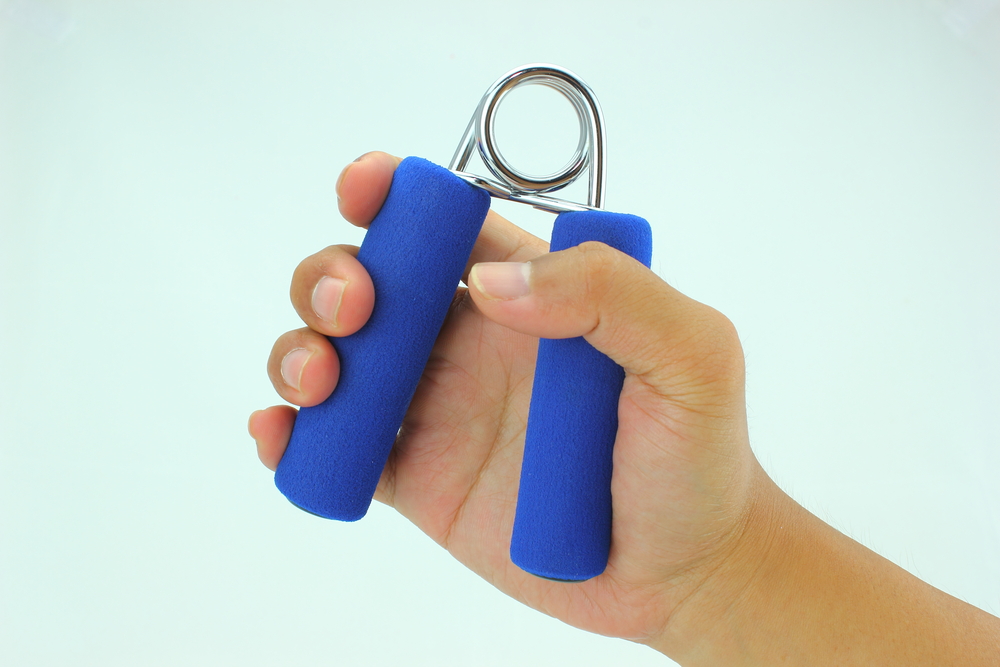
The study, which was carried out by medical researchers at McMaster University in Ontario, Canada, involved almost 140,000 patients from 17 different countries. All of the participants were between the ages of 37 and 70 and their health was monitored over a four-year period.
The study was quite simple: when meeting their doctors, patients were asked to squeeze a device known as a Jamar dynamometer, a gadget capable of gauging muscle strength.
The Canadian researchers found that, for every 11-pound drop in grip strength, there was a 16-percent higher risk of death from any cause. That same decline could be linked to a 7-percent increased risk of heart attack and a 9-percent hike in stroke risk.
In fact, the researchers went so far as to suggest that testing hand grip is a better way of predicting early death than taking one’s blood pressure.
Even when researchers accommodated for age, tobacco and alcohol use, education, and employment status, the results were the same.
“Grip strength could be an easy and inexpensive test to assess an individual’s risk of death and cardiovascular disease,” notes Darryl Leong, an assistant professor at McMaster and the study’s lead investigator.
“Doctors or other healthcare professionals can measure grip strength to identify patients with major illnesses such as heart failure who are at particularly high risk of dying from their illness.”



